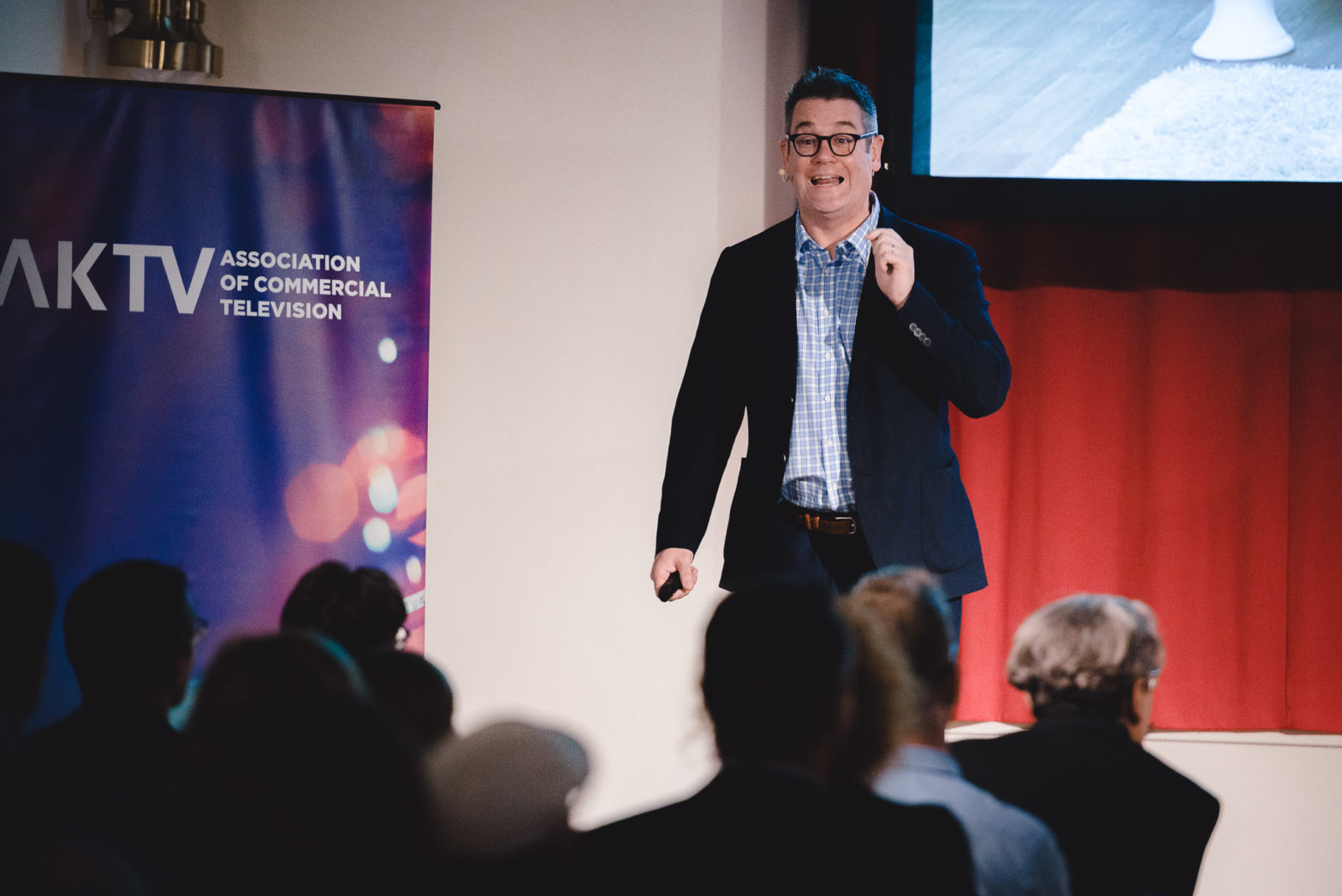Initially, Mark Ritson provided a summary of the development of ad investments in media types in the recent 50 years using data from Morgan Stanley. He demonstrated that the last decade was significantly affected by the growth in digital media with the milestones being the years 2000 when Google started selling advertisements in its search engine and 2007 when advertisements were posted on Facebook. In Ritson’s opinion, the growth in the digital media had a negative impact namely on print media while radio and outdoor advertising was not affected too much by the onset of Google, Facebook and other digital platforms. That is because radio and OOH are more digital media today. Outdoor carriers are digitalised and more than half of radio broadcasting in the UK is delivered through digital platforms – DAB, applications and the Internet. (Editor’s note: This statement does not apply to the Czech radio where listening through FM still prevails.) As opposed to the above-mentioned media types, TV has not been impacted by the growth in the digital media and has succeeded in increasing ad investments despite the general perception that the days of TV are numbered. “In the media history, there has never been so much nonsense that would be so far from the truth. TV is not dying but the myth is spreading all over the world,” noted Ritson. The fact that big tech companies use TV advertising for communication and increase their investments in TV should be taken as evidence of the TV medium’s effectiveness.
Ritson considers TV investments to be a goal pursued by digital players (represented namely by the Google/Facebook duopoly that accounts for 85% of all digital investments as estimated by Group M). “There is just one place that digital may use to grow – TV. It is a battle between digital and TV,” described Ritson. Technology firms will strive to attack TV ad budgets but the ‘battle of the decade’ will be fought for the TV screen according to Ritson. Or more precisely, for the ‘connected TV screen’, which he sees as the key medium. “I am not saying that TV companies are going to win but this is the playfield where the game will be played and that will be fought for. Digital firms will undoubtedly seek to get there,” he forecasts. But he is not talking about the form of TV broadcasting of ten years ago. In order to succeed in the competition, the existing TV companies must change – and go digital. With respect to the size of the Czech market, Ritson mentioned in the subsequent discussion that most probably, it will only be possible to face the global internet giants through cooperation with international TV players or associations.
"The last decade was affected by the digital duopoly, completely devastating newspapers and taking most of their money. The next decade will offer a different battle. Digital firms will go after TV."
says Mark Ritson.
According to Ritson, the existing marketing mindset overestimates the effect of digital media. Although growing in recent years, mobile video is not the critical medium of future in his opinion. “Mobile video is small, we watch it occasionally when we have no access to a large screen,” he described. As indicated by the data of extensive research projects of BARB, ComScore or IPA Touchpoints, more than two thirds (71%) of all videos watched continue to be viewed on TV screens (live TV) and even millennials watch nearly half of video content on TV screens (47%). TV’s impact on advertising video content is expected to be even more significant with the majority of ad spots (90%) being watched on a TV screen.
The times we are living in, which are referred to as the post-factual era, are to blame for the facts about media channel effectiveness being overlooked. Some of the guilt is also attributable to how media consumption development is perceived by marketers or agencies that tend to project their own media consumption methods to all consumers. The result is that while the data of Ebiquity’s Re-evaluating Media study demonstrate that traditional channels (TV, radio, newspapers, magazines) have the strongest effect on brand-building (in attributes such as reach, targeting, ROI, etc.), the marketer and agency community overestimates the effect of social media and online video. “It is a conflict between perception and reality,” noted Ritson.
In order to achieve the highest communication effect, Mark Ritson recommends to integrate multiple media channels. TV is a medium that can still derive the largest reach from individual media carriers (in the Czech population, TV is watched weekly and monthly by 90% and 96% of people, respectively). Digital media also play an important role; however, Ritson thinks that their importance is exaggerated and investments in them are excessive.
In conclusion, he also mentioned Les Binet’s opinion. In the last AKTV meeting in Prague, Binet spoke about the primary effect of reach on brand growth, about the importance of share of voice and the need to work on a long-term brand building. (You can read a summary of Binet’s presentation here). Mark Ritson recommended The Long and the Short of It written by Les Binet and Peter Field as one of the key marketing publications that would have an impact on communication planning in the near future.
Source: mediaguru.cz

